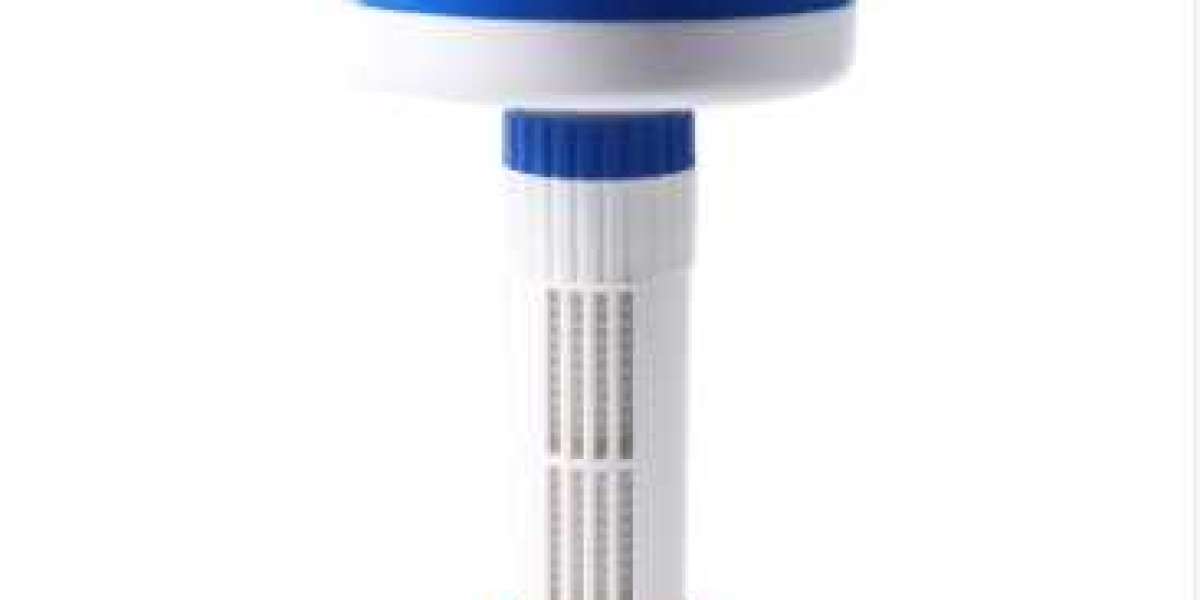Maintaining a clean and safe swimming pool is essential for the enjoyment and health of its users. One of the key elements in pool maintenance is the use of chlorine. Chlorine plays a vital role in keeping the water free from harmful bacteria and other contaminants. In this article, we will explore the importance of chlorine in pool maintenance, the advantages of using a chlorine dispenser, and provide guidance on installation and operation.
Understanding the Importance of Chlorine
The role of chlorine in pool maintenance:
Chlorine is a powerful disinfectant that helps to kill bacteria, viruses, and other microorganisms that can thrive in pool water. It acts as a sanitizer, preventing the spread of waterborne diseases and keeping the water safe for swimmers. Chlorine also helps to control algae growth, which can make the pool water cloudy and unappealing.
Chlorine as a water purifier:
Chlorine works by breaking down organic matter, such as sweat, urine, and other bodily fluids, that can contaminate the pool water. It oxidizes these impurities, eliminating unpleasant odors and reducing the risk of skin and eye irritations. Additionally, chlorine helps to maintain the pH balance of the water, ensuring optimal conditions for swimming.
Advantages of Using a Chlorine Dispenser
Consistent and controlled chlorine distribution:
A chlorine dispenser is a device that automatically releases chlorine into the pool water at a controlled rate. This ensures a consistent and even distribution of chlorine throughout the pool, eliminating the need for manual dosing. With a chlorine dispenser, you can maintain the ideal chlorine levels without the hassle of frequent testing and adjustment.
Time and cost savings:
By using a chlorine dispenser, you can save valuable time and money. Manual dosing of chlorine can be time-consuming and requires regular monitoring. With a dispenser, you can set the desired chlorine level and let it do the work for you. This frees up your time to enjoy the pool rather than constantly worrying about maintenance tasks. Additionally, a chlorine dispenser helps to prevent over or under-dosing, reducing the need for excessive chlorine usage and saving on chemical costs.
Enhanced safety:
Chlorine dispensers are designed with safety features to prevent accidental spills or exposure to concentrated chlorine. They often come with child-resistant locks or covers, ensuring that only authorized individuals can access the chlorine supply. This helps to protect both humans and pets from potential harm.
Installation and Operation
Selecting the right chlorine dispenser:
When choosing a chlorine dispenser, consider factors such as the size of your pool, the desired chlorine level, and the type of dispenser that best suits your needs. There are various types of chlorine dispensers available, including floating dispensers, in-line dispensers, and automatic chlorinators. Consult with a pool professional or refer to the manufacturer's guidelines to determine the most suitable option for your pool.
Installing the chlorine dispenser:
Follow the manufacturer's instructions for installing the chlorine dispenser. Typically, floating dispensers are placed directly into the pool, while in-line dispensers are connected to the pool's filtration system. Automatic chlorinators are usually installed in-line and require a separate chlorine feeder. Ensure that the dispenser is securely in place and properly connected to the pool's circulation system.
Operating the chlorine dispenser:
Once the chlorine dispenser is installed, add the appropriate amount of chlorine tablets or sticks to the dispenser according to the manufacturer's recommendations. Set the desired chlorine level on the dispenser, taking into account factors such as pool usage, weather conditions, and water temperature. Regularly check the chlorine levels using a test kit and adjust the dispenser as needed to maintain the desired level.
Conclusion
A chlorine dispenser is a valuable tool for enhancing pool maintenance. It ensures consistent and controlled distribution of chlorine, saving time and money while maintaining a safe and clean swimming environment. By understanding the importance of chlorine and following proper installation and operation guidelines, you can enjoy a well-maintained pool that provides endless hours of fun and relaxation.






